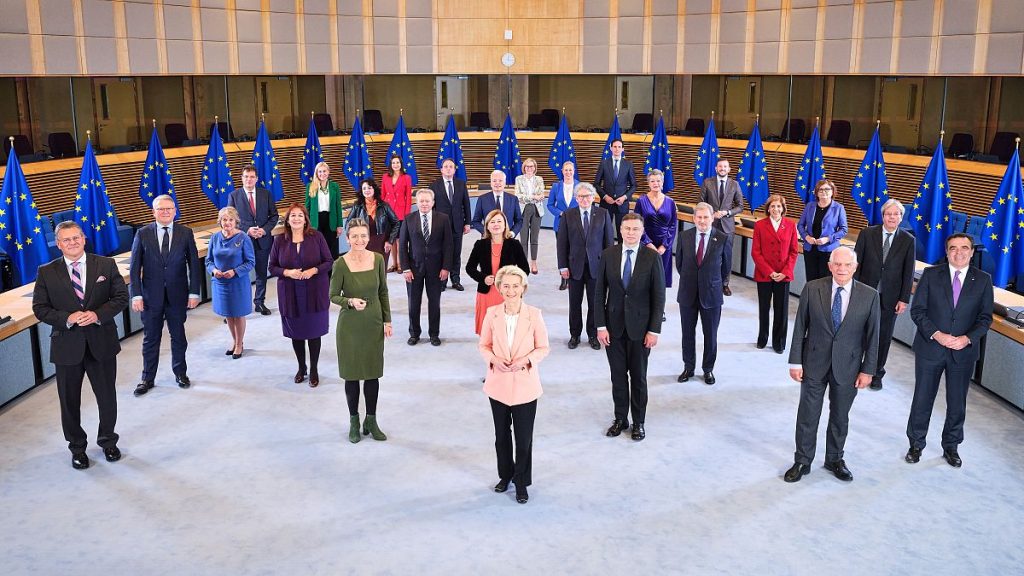The European Commission is experiencing a lack of gender balance and ethnic diversity among its nominees for the incoming college of commissioners. Despite the Commission’s commitment to diversity and inclusion in its 2023-2024 Action Plan, only one of the 27 EU Commission nominees has an ethnic minority background. Hadja Labib, with parents of Algerian origin, is the first ever EU Commissioner-designate with a non-EU background. The European Network Against Racism (ENAR) welcomed Labib’s appointment but called for stronger participatory mechanisms for racialized communities and a focus on equality and anti-racist principles. The Commission’s Action Plan aims to attract, support, and include ethnic minority staff to better reflect the societies it serves.
A survey conducted by the Commission in 2021 revealed that perceptions of diversity and inclusion among its workforce were generally positive, with 70% of respondents feeling valued and respected. However, respondents with disabilities and from ethnic minority backgrounds were less satisfied than the average. To address this, ENAR emphasized the need for systemic change to tackle underrepresentation and ensure the voices of racialized communities are heard and included in decision-making processes. The lack of diversity among members of the European Parliament was also highlighted, with only 37 out of 720 MEPs having a diverse background, showing little improvement since the previous EU election in 2019.
Another pressing issue among the commissioners is gender balance, with only nine of the 27 most senior officials currently nominated being women. Commission President Ursula von der Leyen has requested national governments to provide both male and female candidates for the new executive positions. The Commission’s mandate from 2019-2024 includes a priority to achieve gender parity at all management levels, with the share of women in management positions increasing nearly 10 percentage points to 48.8% by mid-2024. This places the Commission among the few public administrations globally with the highest share of women in leadership roles.
The Commission’s 2023-2024 Action Plan focuses on improving diversity and inclusion in the workplace to better reflect the European population. The lack of ethnic diversity among the Commission nominees has raised concerns about the need for stronger efforts to address underrepresentation and ensure the inclusion of racialized communities in policy-making processes. The appointment of Hadja Labib as the only ethnic minority nominee was welcomed by ENAR, but efforts to enhance diversity and equality must continue to address the democratic deficit. The call for equality and non-discrimination as central priorities by over 130 civil society organizations highlights the importance of ensuring that the next EU mandate prioritizes equality and fundamental rights through the appointment of a Commissioner for Equality and Fundamental Rights.
In conclusion, the European Commission faces challenges in achieving gender balance and ethnic diversity among its nominees for the incoming college of commissioners. Despite commitments to diversity and inclusion in the workplace, efforts to improve representation of ethnic minorities and women are still lacking. The Commission’s Action Plan aims to address these issues by attracting, supporting, and including ethnic minority staff to better reflect the European population. Continued efforts are needed to ensure that voices from underrepresented communities are heard and included in decision-making processes, thereby promoting equality and anti-racist principles within the EU executive.


